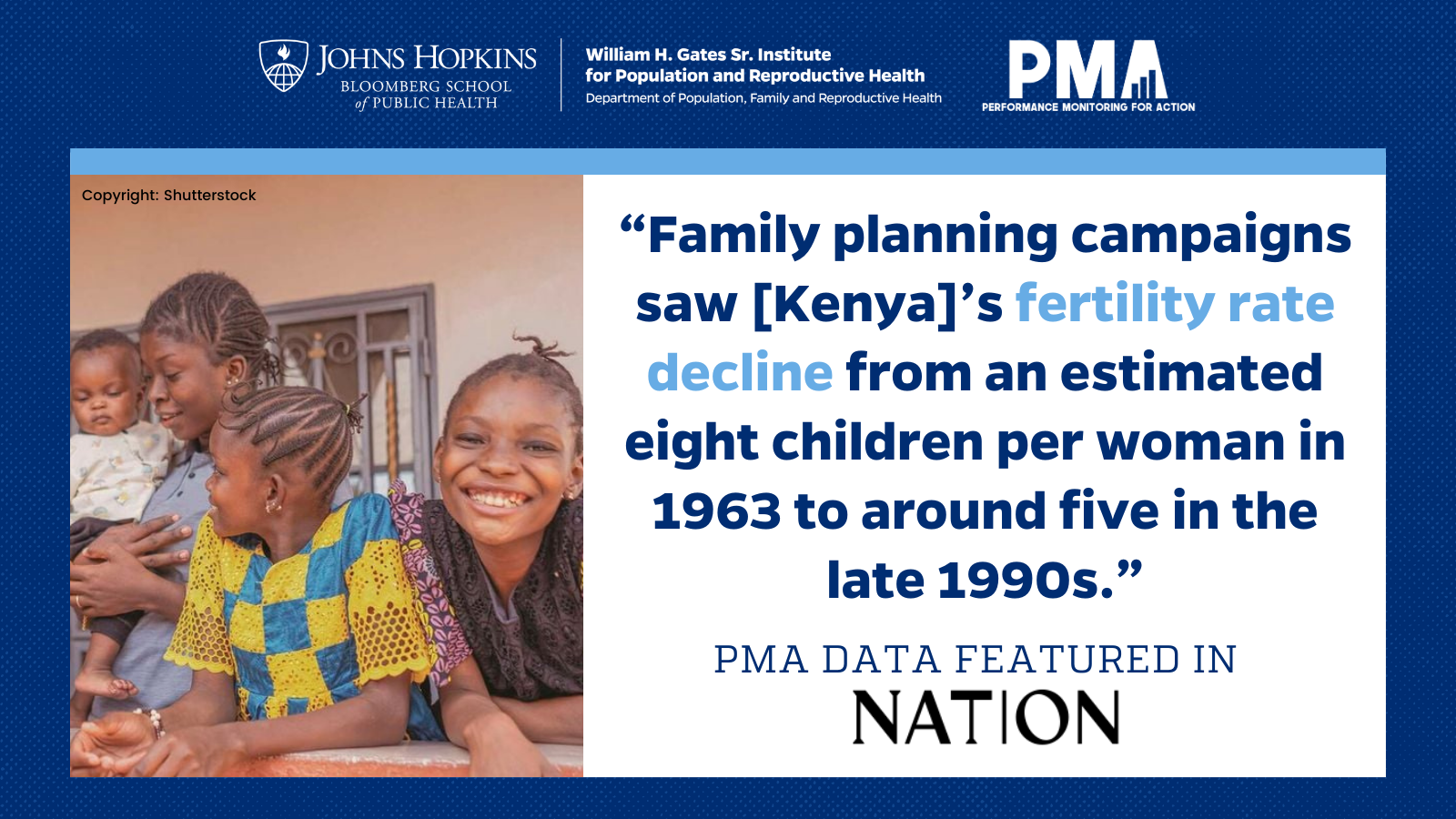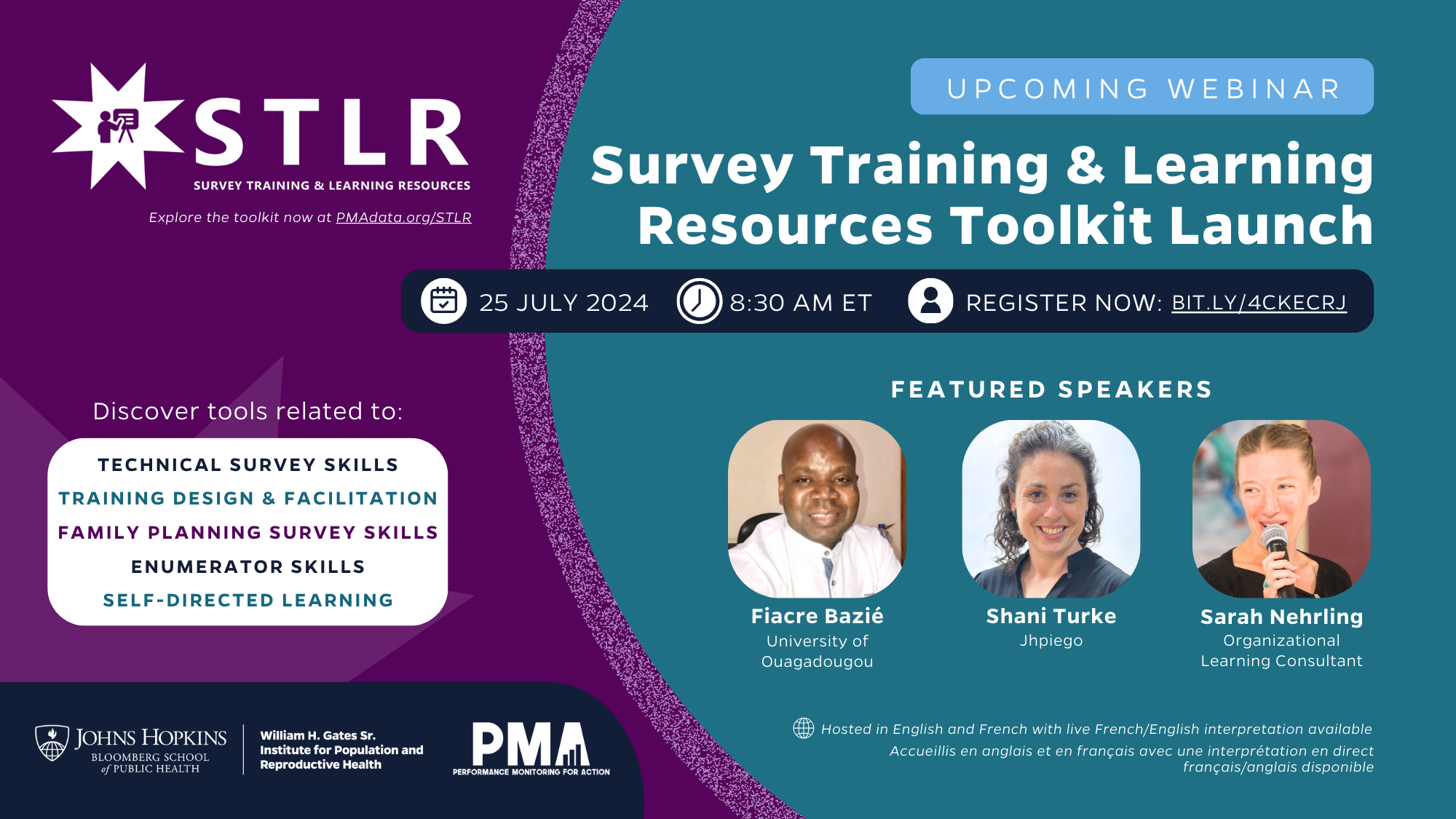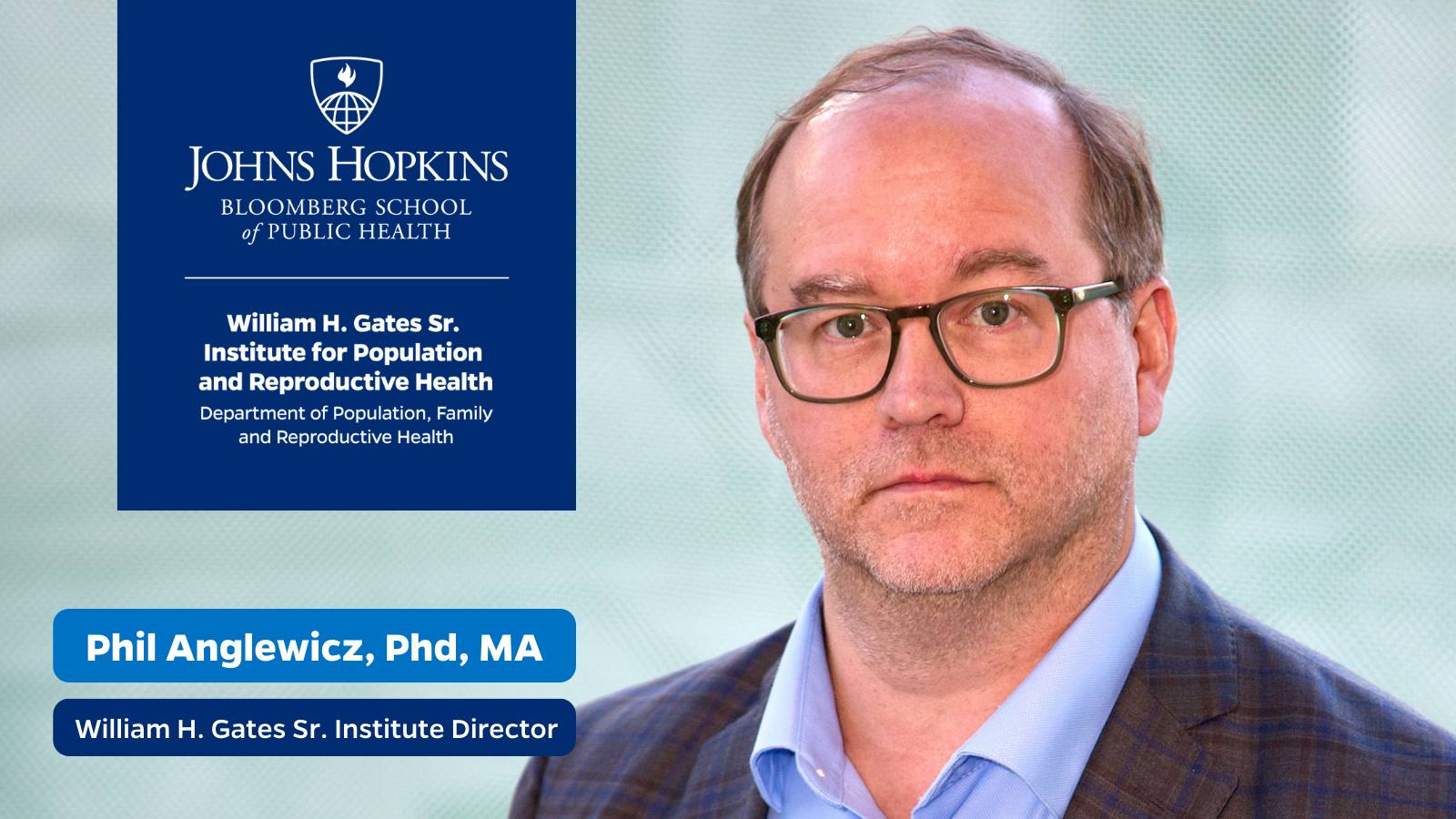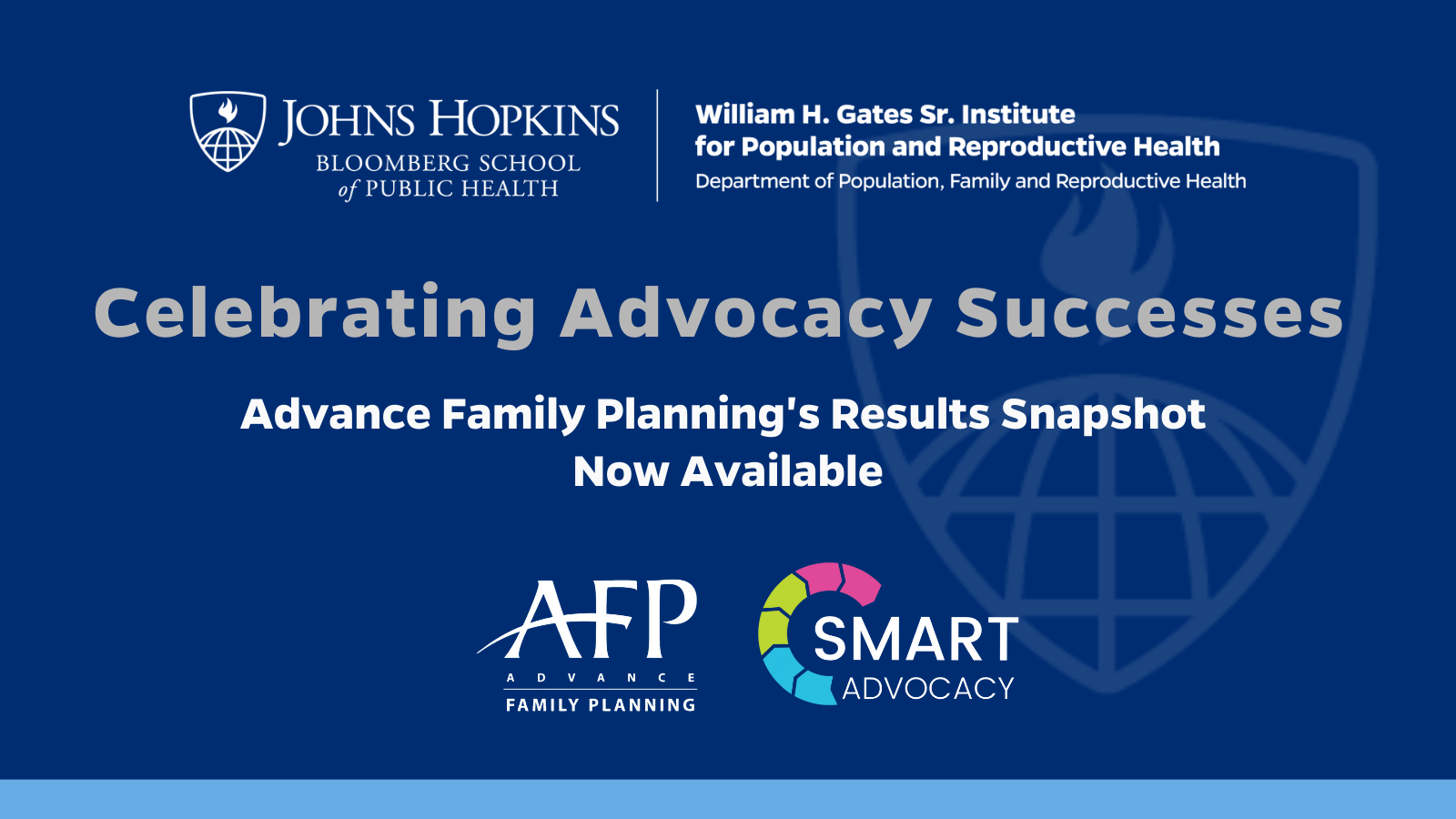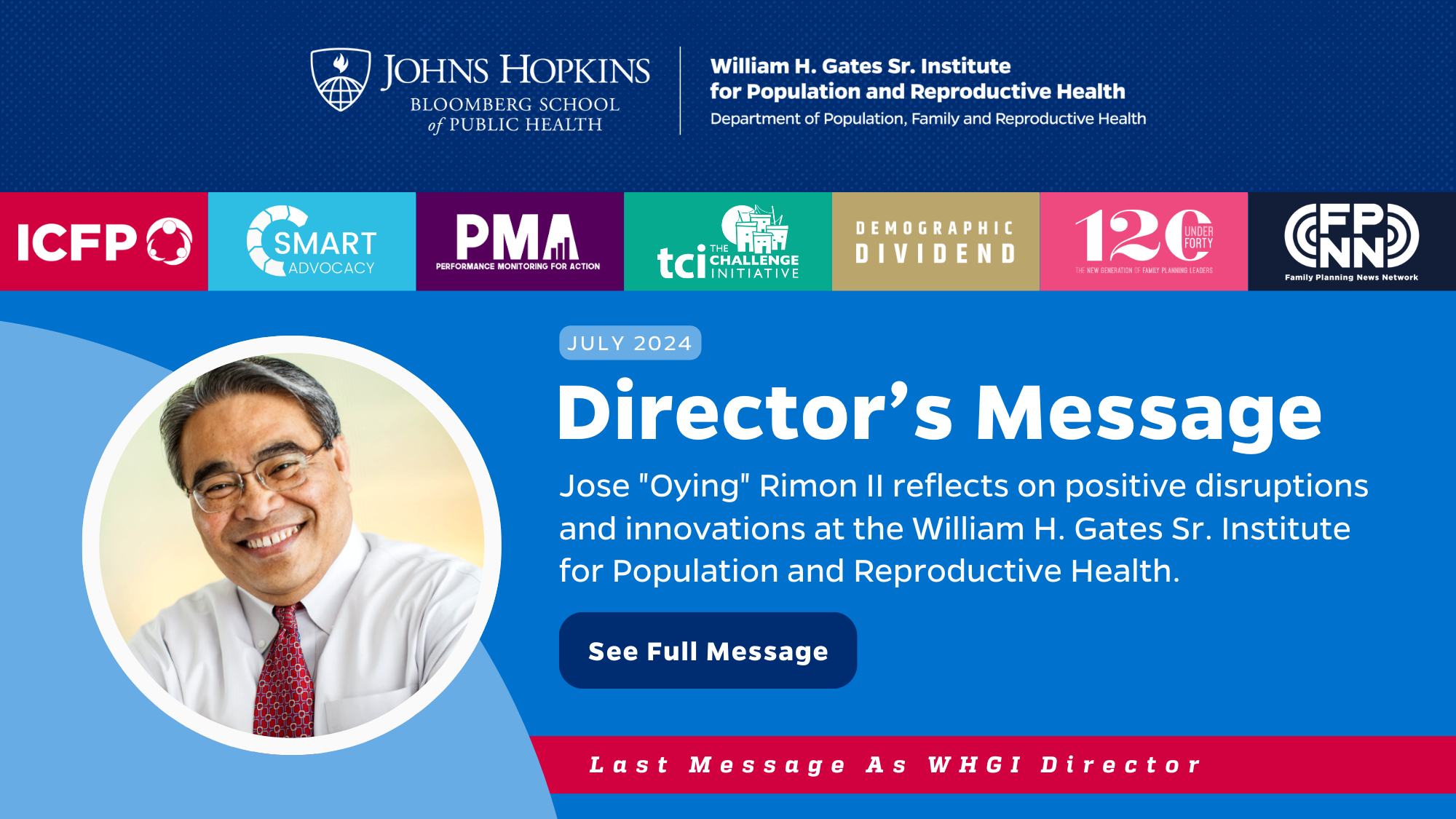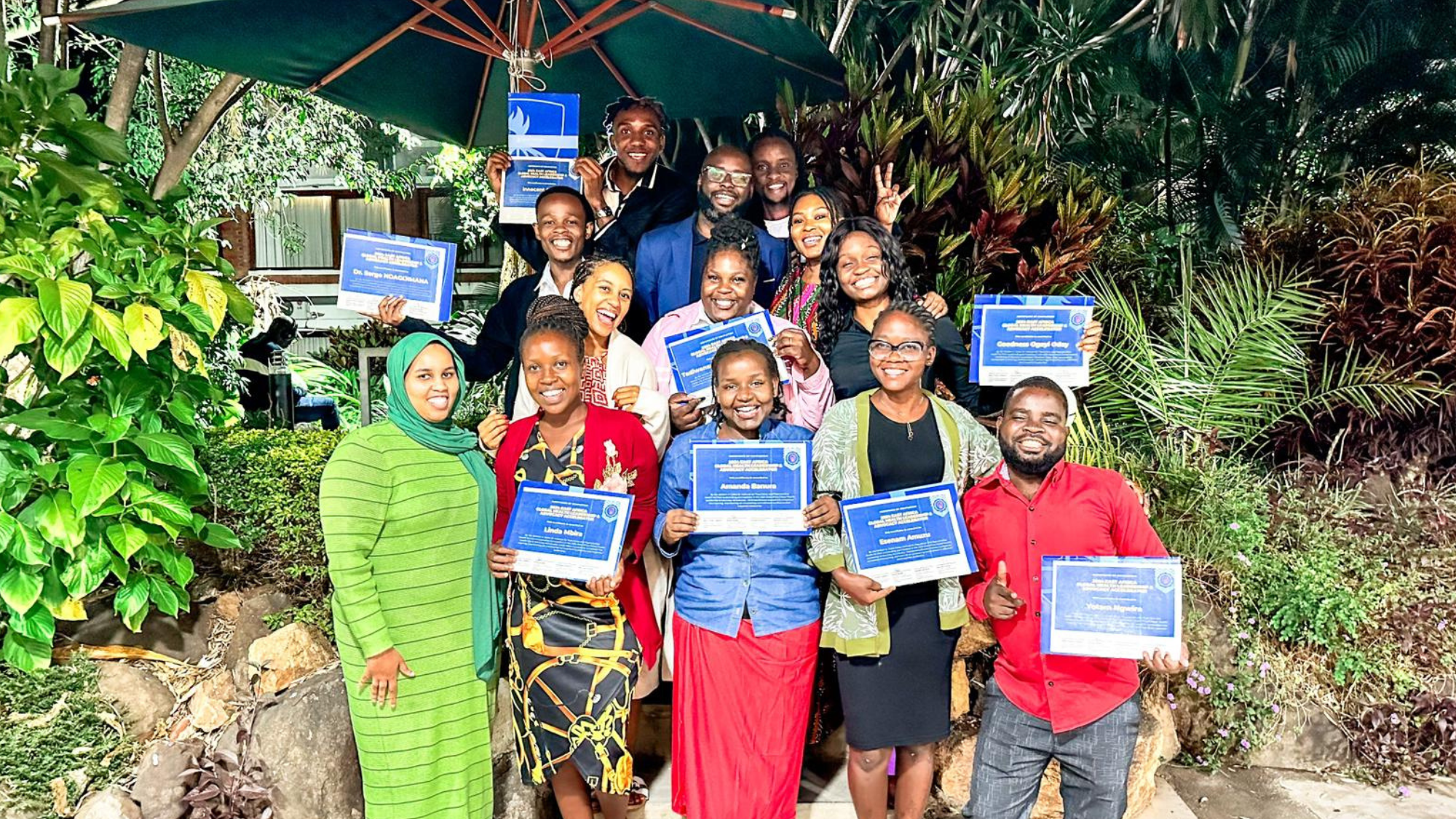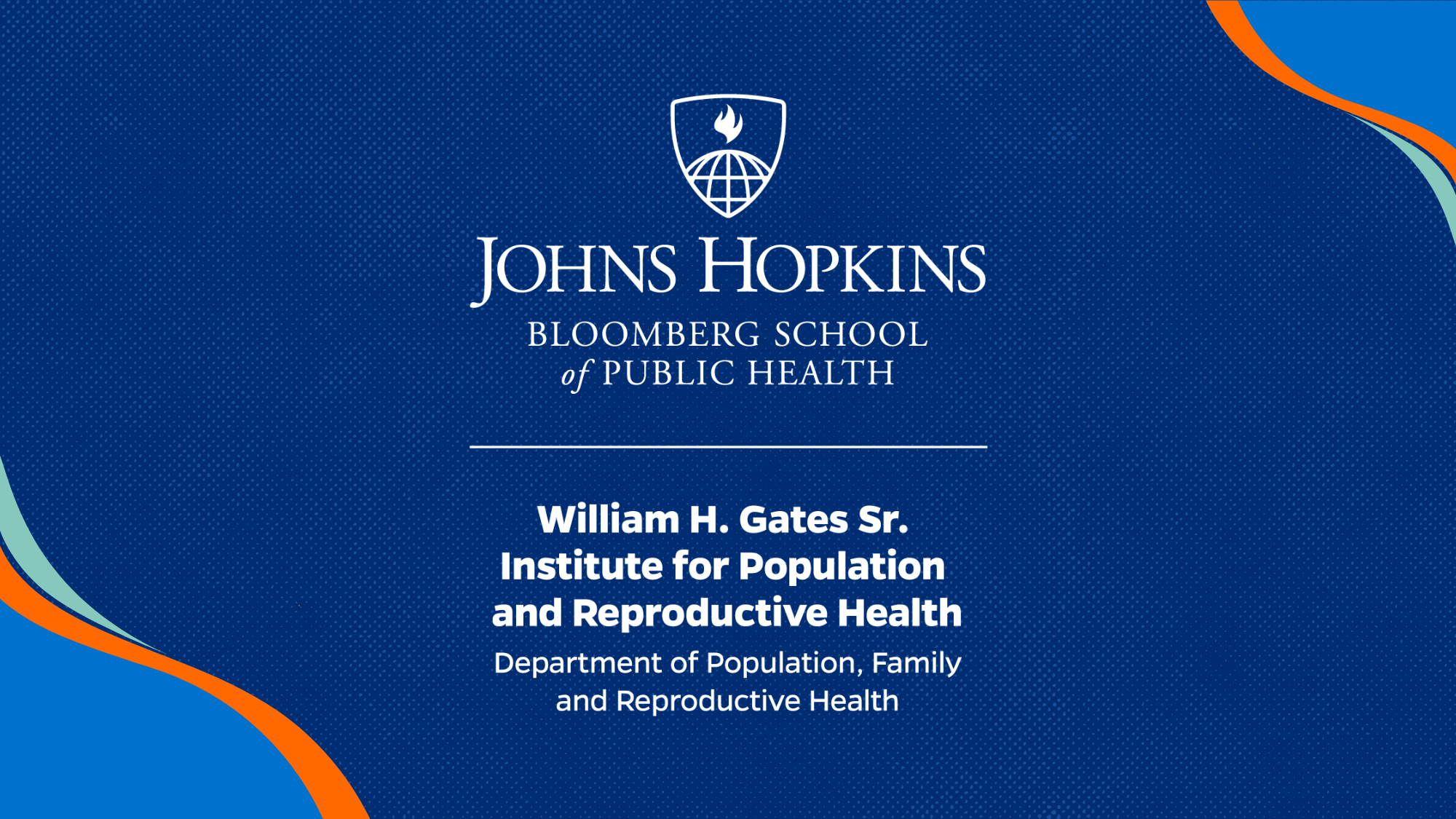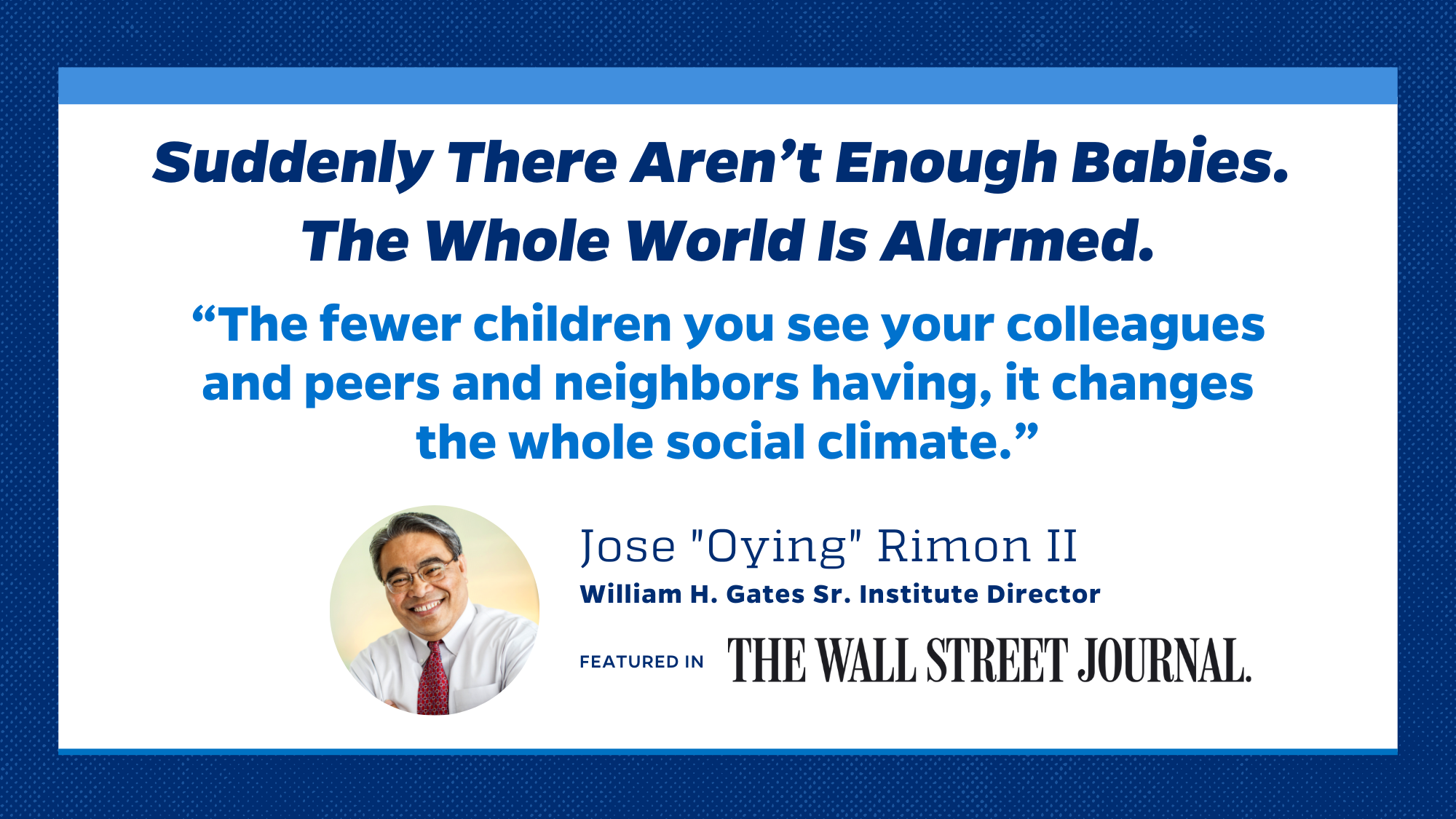The family planning and reproductive health community is full of bold imaginators and impatient optimists. When Margaret Sanger first challenged Walter Pincus, the inventor of “the pill” to create a new family planning method, a method that could work anywhere in the world and that didn’t require the knowledge or consent of the male partner, cynics thought the feat impossible:
“..Looking for an inexpensive, easy to use, and completely full proof method of contraception…should be something biological…a woman could swallow every morning with her orange juice or while brushing her teeth, with or without consent of the man…something that could make sexual intercourse spontaneous, with no forethought or messy fumbling, no sacrifice of pleasure; have children later in life… something that could work everywhere from the slums of New York to the jungles of Southeast Asia…”[1] Jonathan Eig, Birth of the Pill, 2014, p. 4
But that’s how the pill, the greatest invention of the 20th century, was created – through creativity and imagination for the social good. As we face our next decade of challenges in the family planning community, we must remember that what feels impossible can be done, but we must think boldly.
When I first started my career in reproductive health many years ago, there was a certain tangible “magic” within the family planning community. We worked hard, and we had fun. I watched in awe as fearless pioneers like Mechai Viravaidya, Thailand’s Cabbages and condoms entrepreneur, Haryono Suyono of Indonesia’s pacesetting National Family Planning Coordinating Board, and Fernando Tamayo of ProFamilia Colombia, launched bold ideas and charted courses of action which were then beyond imagination.
With the close of 2019, we have reached the Family Planning 2020 goal year, the year we aimed to enable an additional 120 million more women and girls to access voluntary family planning methods. At the outset, we knew the goal would require new thinking, novel approaches, and bold imagination to achieve such an ambitious target. We are capable of making the last mile closer than we think because we are capable of new ways of innovating, new ways of collaborating, and new ways of accelerating family planning progress.
Since the 2012 London Summit, there are 53 million more women and girls using modern methods of contraception across 69 focus countries according to FP2020’s most recent report. And this achievement is one that the family planning and reproductive health communities should champion proudly. It’s no small feat, especially given the political climate in many donor and implementation countries, to achieve such remarkable progress.
But 53 million is less than half of the 120 million women and girls we collectively pledged to help. And many of the reports coming from the global family planning community recently paint a grim picture about our progress, but I remain hopeful – hopeful that we are making progress more quickly than we think and that we will reach our target goal.
In fact, a study released in May 2019 in The Lancet Global Health supports this belief. Led by researchers at Johns Hopkins Bloomberg School of Public Health, the study shows that women in many sub-Saharan African countries are using modern contraception at a faster rate than previously projected. For all women in the study, the average annual rate of change was 1.92 percent, with the average rate of change for married women even higher at 2.25 percent. Both numbers far exceed the ambitious 1.4 percent benchmark set at the 2012 London Summit on Family Planning
Another study released at the end of last year revealed 120 million additional family planning users will be reached by 2023 through the 75% demand satisfied initiative. Almost half (17) of the 41 countries who pledged commitments to FP2020 will do so by 2030.
And this research is not alone in its findings. As I review studies from various geographies, in different contexts, and for different populations, they lead to a similar conclusion – that we are progressing faster than we think when it comes to enabling more, as well as younger and more vulnerable, women to access voluntary, modern methods of contraception in countries where the need is the greatest.
The challenge now is what we can do to harness the momentum of the past eight years and further accelerate this progress to reach those populations who are the most unattainable, the most elusive, those who define the “last mile.”
And as we work hard to reach those who historically are underrepresented in family planning outreach, meaning the hardest to reach because of their geographic proximity to health centers, we must also make a concerted effort to help those who may be hardest to reach psychologically, especially those living in urban slums.
Current UN projections show 70% of the world’s population will be urban by 2050, with 90% of that urbanization in Africa and Asia. The Challenge Initiative (TCI) provides cities in Africa and Asia with a bold approach to rapidly and sustainably scale high-impact family planning and reproductive health solutions for women and girls living in urban poverty.
As of December 2019, data from local HMIS in 91 reporting cities show that TCI contributed to a 47% overall increase in annual family planning client volume compared to a 12-month baseline period prior to TCI implementation. This boost translates to nearly 700,000 more women benefiting from access to family planning methods and services in TCI cities.
Even in Francophone West Africa which has historically demonstrated the least progress in family planning uptake, we are now seeing tremendous gains with the establishment of the Ouagadougou Partnership (OP). Since OP’s creation in 2011 among 9 Francophone West African countries (Benin, Burkina Faso, Côte d’Ivoire, Guinea, Mali, Mauritania, Niger, Senegal, Togo), 1,167,000 pregnancies, 374,000 unsafe abortions, and 4,300 maternal deaths were avoided as a result of the 1,306,000 additional contraception users in the region. These are just some of the reasons I remain hopeful.
As the global family planning and reproductive health community seeks to align our strategies, goals, and vision for the next decade, I am optimistic that we can not only achieve the marks we set our for ourselves, but can also advance progress towards the United Nation’s Sustainable Development Goals.
And as we continue to improve family planning information, education, and services, we do so in an environment hostile not only to reproductive rights and justice, but to global aid in general. Just last week, the Trump administration released a new budget proposing $3 billion in cuts from its global health programs.
While these cuts are unlikely to fully materialize, they come in the midst of two deadly global health epidemics, the coronavirus in Wuhan, China and the ongoing ebola crisis in the DRC.
The global health community continues to push back against the Trump administration’s dangerous attacks on reproductive health, but as we work even harder to reach those who are most unreachable, the effects of these monstrous policies cannot be underestimated.
As we continue the New Year – and a new decade – and mark the commencement of the FP2020 goal year, we do so with appreciation for all that we have accomplished since the 2020 London Summit on Family Planning and with clear optimism for a way forward.
We’ve shown that when given access to the right resources, best practices, bold policies, and new ways of programming, the family planning community is capable of achieving more and can continue to bend the curve toward both the 2020 and the 2030 goals–but the larger question remains, how exactly do we get there?
That’s what inspired us to plan and host the Future of Family Planning Convening, a special two-day gathering that brought together representatives from crucial family planning sectors to explore “business unusual” ideas that have the potential to reshape the family planning and reproductive health agenda to ensure universal access by 2030.
I encourage you to learn more about the convening outcomes by taking a deep dive into The Future of Family Planning Convening Report, and to contact us if you are interested in funding an idea presented in the report or partnering with any of our participants to bring them to life.
The report produced dozens of fresh, innovative ideas, including “Humor Me,” an international comedy competition that identifies comedians representing different countries across the globe, which came from the Social Media and Social Movements working group.. The event will provide a platform for locally selected comedians to share funny stories and create a dialogue around sexuality and sexual and reproductive health in a fun, light-hearted way. Talking about these often “off-limits” subjects in an entertainment setting can help people break through the taboos and awkward conversations and normalize controversial issues. And since people love to share funny content online, the stories and messages told on stage will have high potential for going viral.
Another convening favorite, voted by the attending audience, was “AMEN: Rapid Amenorrhea Contraceptive Method,” from the Disruptive Contraceptive Technologies working group. Women of reproductive age spend 20%-25% of their reproductive lives managing their menstruation, which disrupts their lives in many ways. AMEN would be the first and only LARC that offers rapid amenorrhea. This contraceptive is reversible, immediately effective, and can offer health benefits such as alleviating symptoms related to anemia.
These creative, business unusual ideas are exactly what we need to propel us into the next decade of family planning progress and beyond. We may not have reached our end goal yet, but we continue to march forward towards a future where all women and girls have access to the family planning method of their choosing.
I look forward to hearing the bold ideas, creative solutions, and novel research findings at the next International Conference on Family Planning, being held in Pattaya City, Thailand from 1-4 February, 2021. This year’s theme, “Family Planning & Universal Health Coverage: Innovate. Collaborate. Accelerate.” underscores our belief that family planning should be a core component of universal health coverage. Not only is access to family planning and reproductive health services a pillar of good personal health, it is also a critical component of a country’s economic health.
As we redefine the “last mile” and broaden our reach, I am positive in the next decade we can achieve our family planning – and our broader Sustainable Development Goals – to make the world more healthy and just for all. What feels impossible can be done, but we must remember to think boldly about solutions to our world’s most pressing problems, just like Margaret Sanger did.
Sincerely,
Jose “Oying” Rimon II

